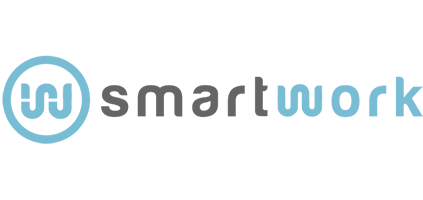
15 Nov SmartWork led a discussion on Smart Age-Friendly Working Environments at International Joint Conference on Computational Intelligence
The results of the SmartWork project were presented at the International Workshop on Smart, Personalized and Age-Friendly Working Environments (SmartWork). It was organised for the second time, this year in conjunction with the 13th International Joint Conference on Computational Intelligence, with particular focus on the computational intelligence applications in working environments.
The workshop, co-chaired by Prof. Konstantinos Moustakas and Dr. Otilia Kocsis from University of Patras, took place on 27 October 2021 as a full day event, with a total of 13 papers being presented, including 7 regular papers, 3 short papers and 3 demonstrators.
The results of the SmartWork project presented at the workshop covered various research and implementation aspects, including the sensing framework implemented in WP3 (e.g. the overall sensing network, the Cardio ECG vest, the data quality aspects), the AI and ML algorithms implemented in WP4 (e.g. cognitive capacity, sleep quality, sedentary periods), and the demonstration of various prototypes (e.g. Morphic, Activity Coach app, iCare service) implemented and integrated in WP7.
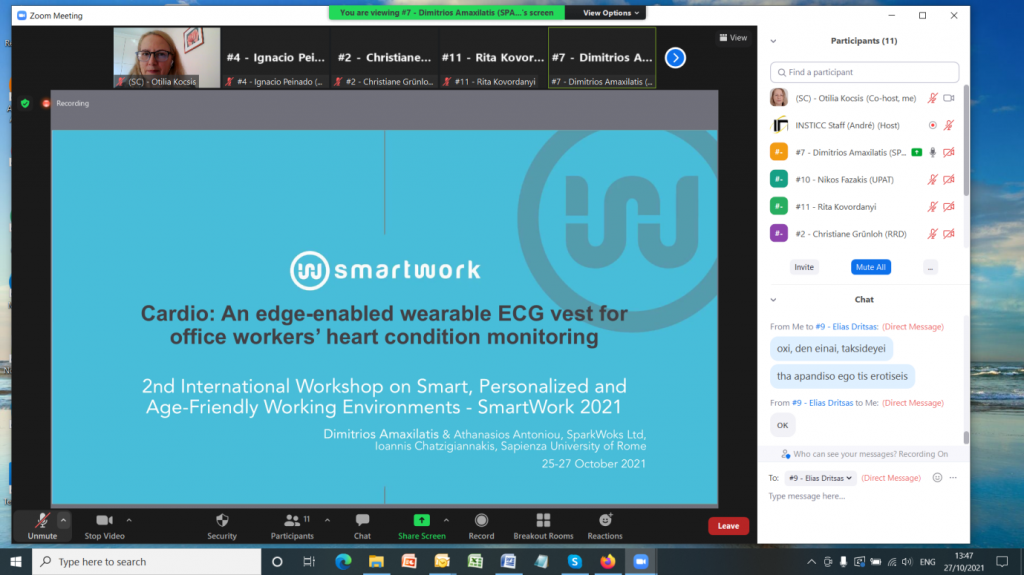
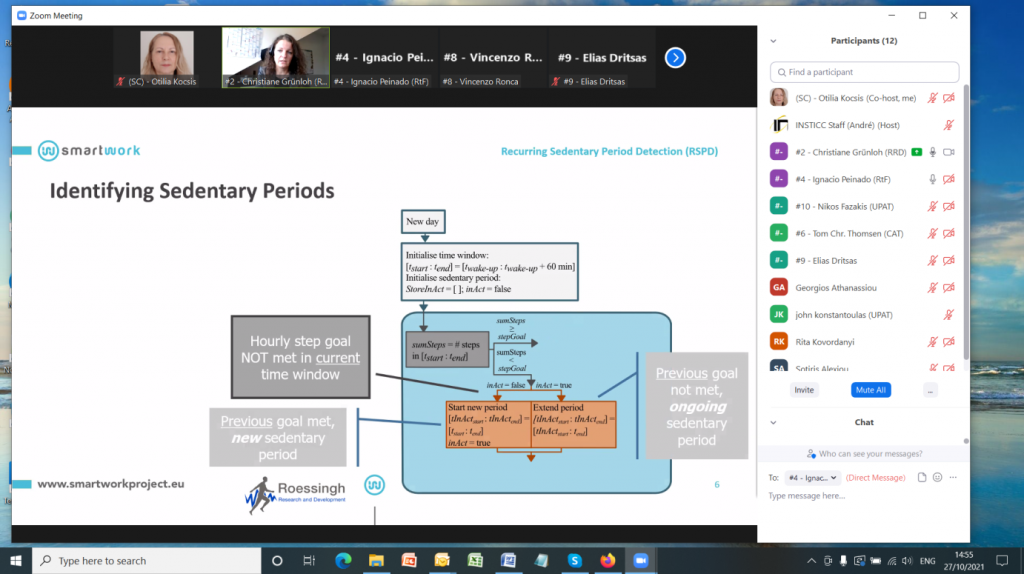
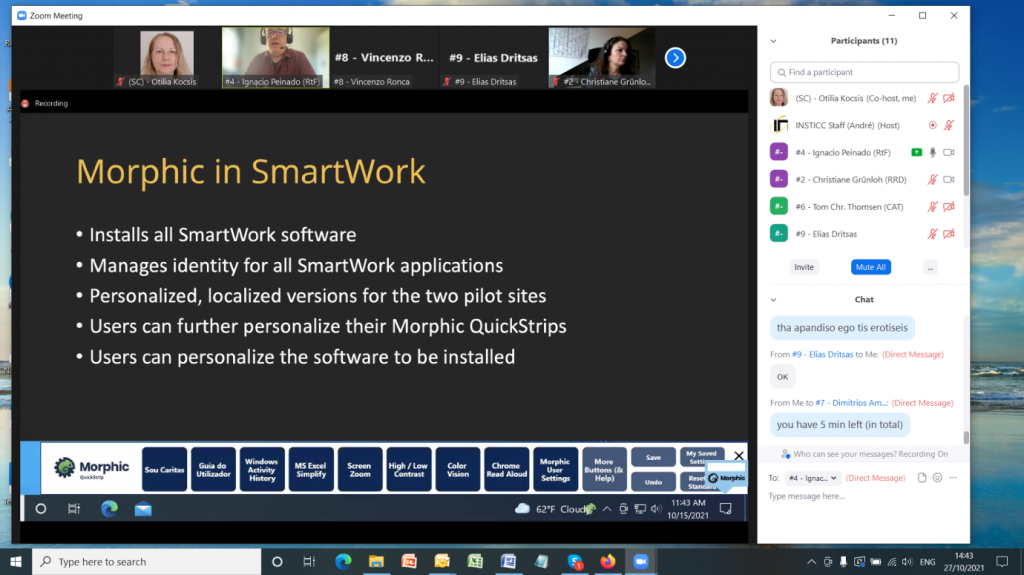
Of particular interest was also the presentation of the sustAGE project results by Dr. Georgios Athanassiou, which demonstrated a complementary application of sensing technologies, AI and interventions towards workability sustainability, in the case of heavy physical activity demanding and outdoors work. sustAGE is one of the projects financed under the same call for proposals as SmartWork.
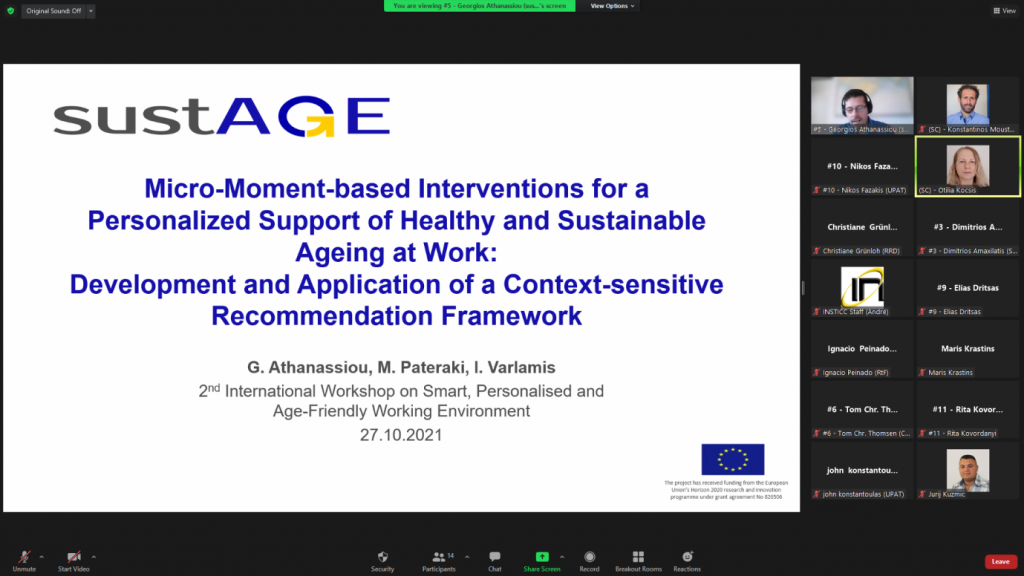
Last, but equally interesting and captivating, was the keynote talk from Prof. Aaron Striegel (University of Notre Dame, USA), who shared with the attendants the experience of the Project Tesserae, a year-long observational study of over 750 working professionals (office workers) that explored the extent to which devices such as wearables, smartphones, Bluetooth beacons, social media, and other sensing streams could offer insight into job performance at both the organizational and individual level.
The workshop demonstrated the clearly growing interest of the scientific community, as well as of the society, governments and industry, at international level, in the use of new technologies to support older workers to remain professionally active for longer and to provide insights on job performance.
